We offer a range of lectures, seminars, and practical sessions. An up-to-date list can be found here. While seminars and practical sessions change from time to time, we plan to always offer the following courses. We also offer bachelor and master thesis, see topics.
Information for students: We run four courses in total: Fundamental and Advanced Machine Learning, Optimization for Machine Learning, and Reconstructing and Understanding the 3D World. Each course is stand-alone, however, it is recommended to first sit Fundamentals of Machine Learning and then Advanced Machine Learning. The three machine learning courses give a deeper theoretical understanding of the respective field, while Reconstructing and Understanding the 3D World introduces algorithms and recent applications and trends.
Information for PhD candidates: In order to become a PhD student in our lab, it is highly recommended to also do the master’s thesis with us. It is also highly recommended to sit Fundamentals of Machine Learning and Advanced Machine Learning. If the PhD project will be in Computer Vision, it is recommended to additionally sit Reconstructing and Understanding the 3D World. If you plan to have Bogdan Savchynskyy as your main PhD supervisor, you have to sit the course Optimization for Machine Learning.
Lectures
Fundamentals of Machine Learning
Lecturer: Ullrich Köthe
Volume: 4+2
Offered: typically Winter Semester
Webpage: Example 2017
Intro: Machine learning is one of the most promising approaches to address difficult decision and regression problems under uncertainty. The general idea is very simple: Instead of modeling a solution explicitly, a domain expert provides example data that demonstrate the desired behavior on representative problem instances. A suitable machine learning algorithm is then trained on these examples to reproduce the expert’s solutions as well as possible and generalize it to new, unseen data. The last two decades have seen tremendous progress towards ever more powerful algorithms, and the course will cover the fundamental ideas from this field.
Advanced Machine Learning
Lecturer: Ullrich Köthe
Volume: 4+2
Offered: typically Summer Semester
Webpage: Example 2018
Intro: This course will build upon the introductory material of last semester’s Fundamentals of Machine Learning course and covers the most important advanced concepts and methods. Participants should be familiar with the fundamental concepts from last semester’s “Fundamentals of Machine Learning” course or equivalent (for example, you can prepare yourself with Fred Hamprecht’s Pattern Recognition Video Lecture).
Optimization for Machine Learning
Lecturer: Bogdan Savchynskyy
Volume: 4+2
Offered: typically Winter Semester
Webpage: Example 2018
Intro: The course presents various existing optimization techniques for such important machine learning tasks, as inference and learning for graphical models and neural networks. In particular, it addresses such topics as combinatorial algorithms, integer linear programs, scalable convex and non-convex optimization and convex duality theory. Graphical models and neural networks play a role of working examples along the course. The goal of the course is to give a strong background for analysis of existing, and development of new scalable optimization techniques for machine learning problems.
3D Computer Vision
Lecturer: Carsten Rother
Volume: 2+2
Offered: typically Summer Semester
Webpage: Example 2019
Intro: This lecture covers areas of computer vision which deal with 3D reconstruction and scene understanding. This means, for instance, to recover a 3D scene from a set of photographs or video, or to extract and track objects in the scene. We discuss the underlying principles and methods to solve such tasks. In particular, we cover techniques from deep learning, traditional approaches, and mixtures of the two. We also introduce the necessary background knowledge, e.g. camera models, deep learning, image formation model, Kalmann Filters, etc.
Thesis – Bachelor and Master
We offer a broad range of projects and thesis topics in Machine Learning and Computer Vision. The Visual Leaning Lab Heidelberg is run by three researchers, who describe their research field in more detail below. You can also browse through our research themes and publications to get an idea about topics. Please contact the individual researcher directly, to make an appointment. We then tailor the project to your background and interests.
Ullrich Köthe
I offer projects from the research areas Machine Learning and Natural Science. Currently available topics mostly focus on Invertible Neural Networks (INNs).
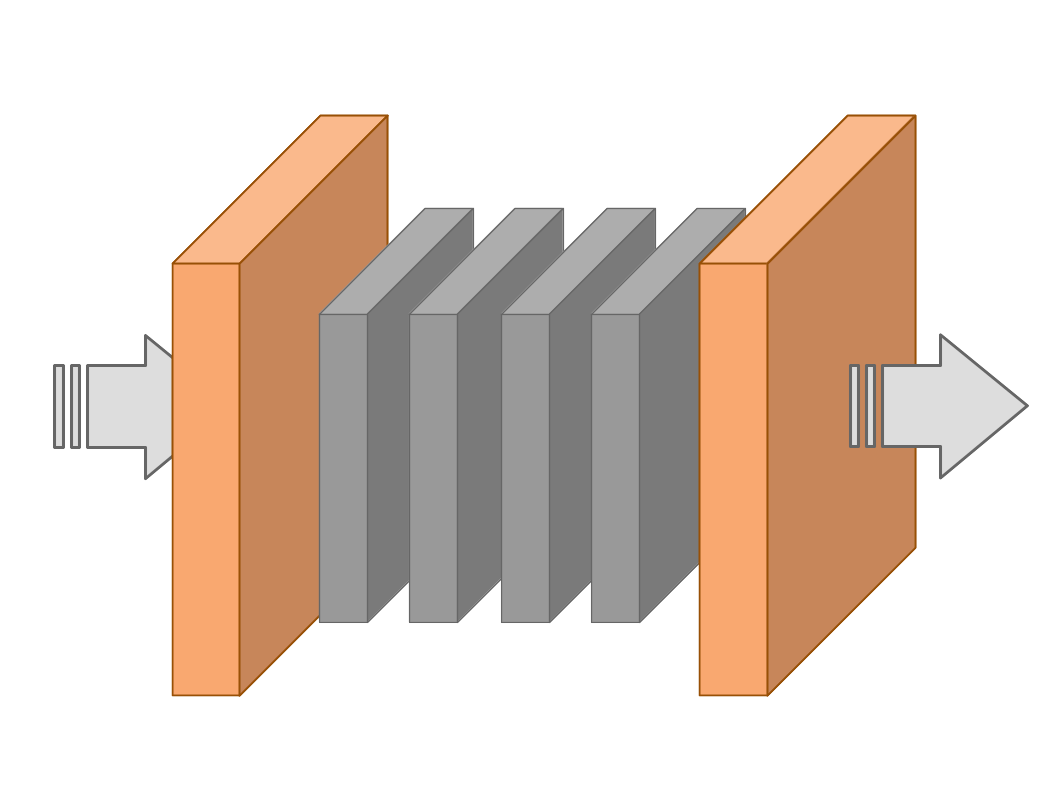 |
|
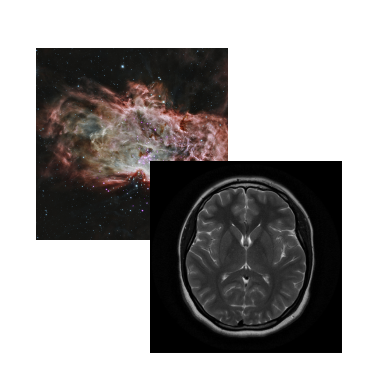 |
|
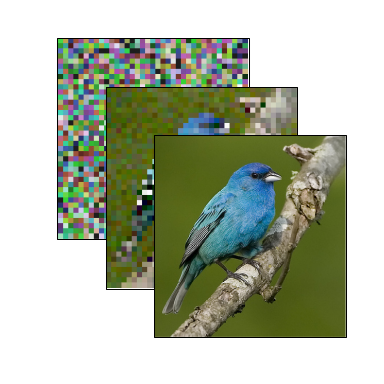 |
|
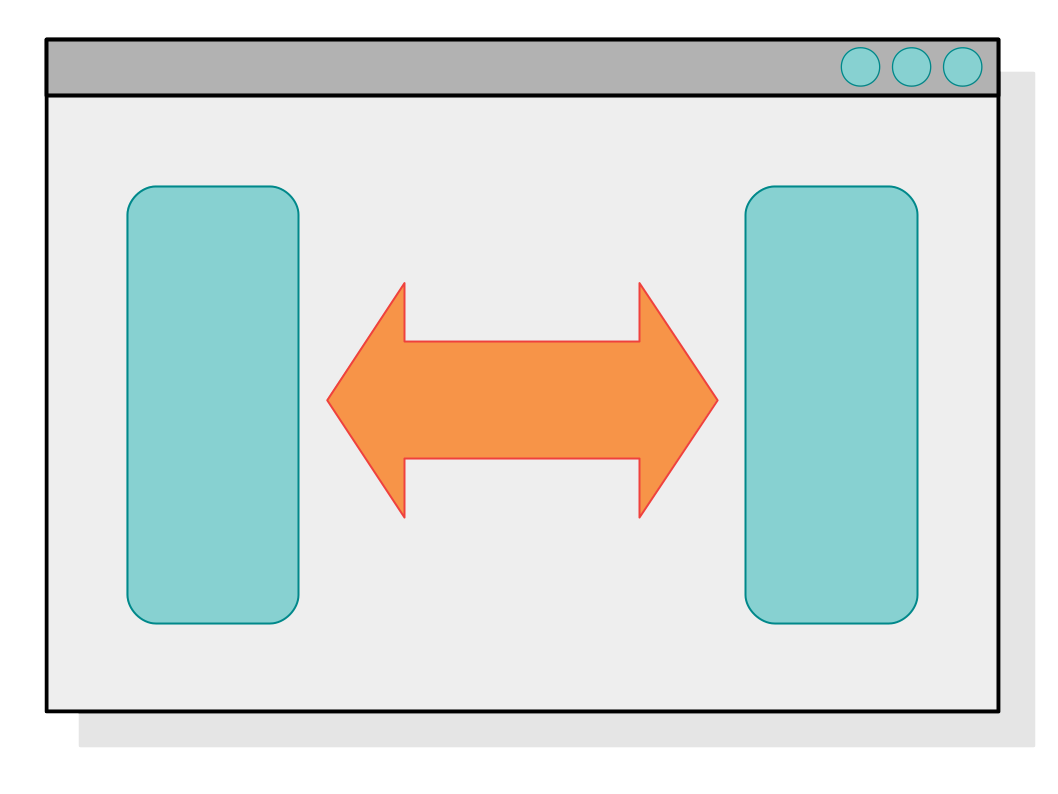 |
|
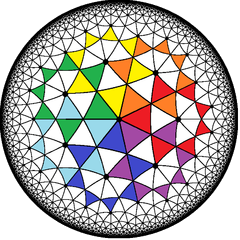 |
|
Please look at the respective webpages, my recent publications and my lectures, and then make an appointment with me.
Bogdan Savchynskyy
I offer projects on the edge between Combinatorial optimization and Machine Learning. This includes, but is not limited to,
- parallelizing large-scale combinatorial optimization methods to be able to learn the parameters of the optimization problems based on existing empirical observations;
- modeling classical and new computer vision problems by exploiting both the modern machine learning techniques as well as the modern large scale combinatorial optimization. This includes but not limited to the 6D Pose estimation problem, stereo-reconstruction, image registration in medicine and cell tracking in biology.
Please look at the respective webpage, my recent publications and my lecture, and then make an appointment with me.
Carsten Rother
I offer projects from the research areas: i) scene understanding (such as: object and camera localization, motion estimation, segmentation, material detection, and semantic understanding) and ii) training data generation. Please look at the respective webpages, my recent publications and my lecture, and then make an appointment with me.
Example thesis projects are:
- Improving synthetic training data generation via GANs
- New sampling strategies for 6D camera and object localization
- End-to-End learning of depth estimation from Multi-View Stereo
- Mixed Realty versus Virtual Realty Training Data: What’s better for Instance Segmentation
